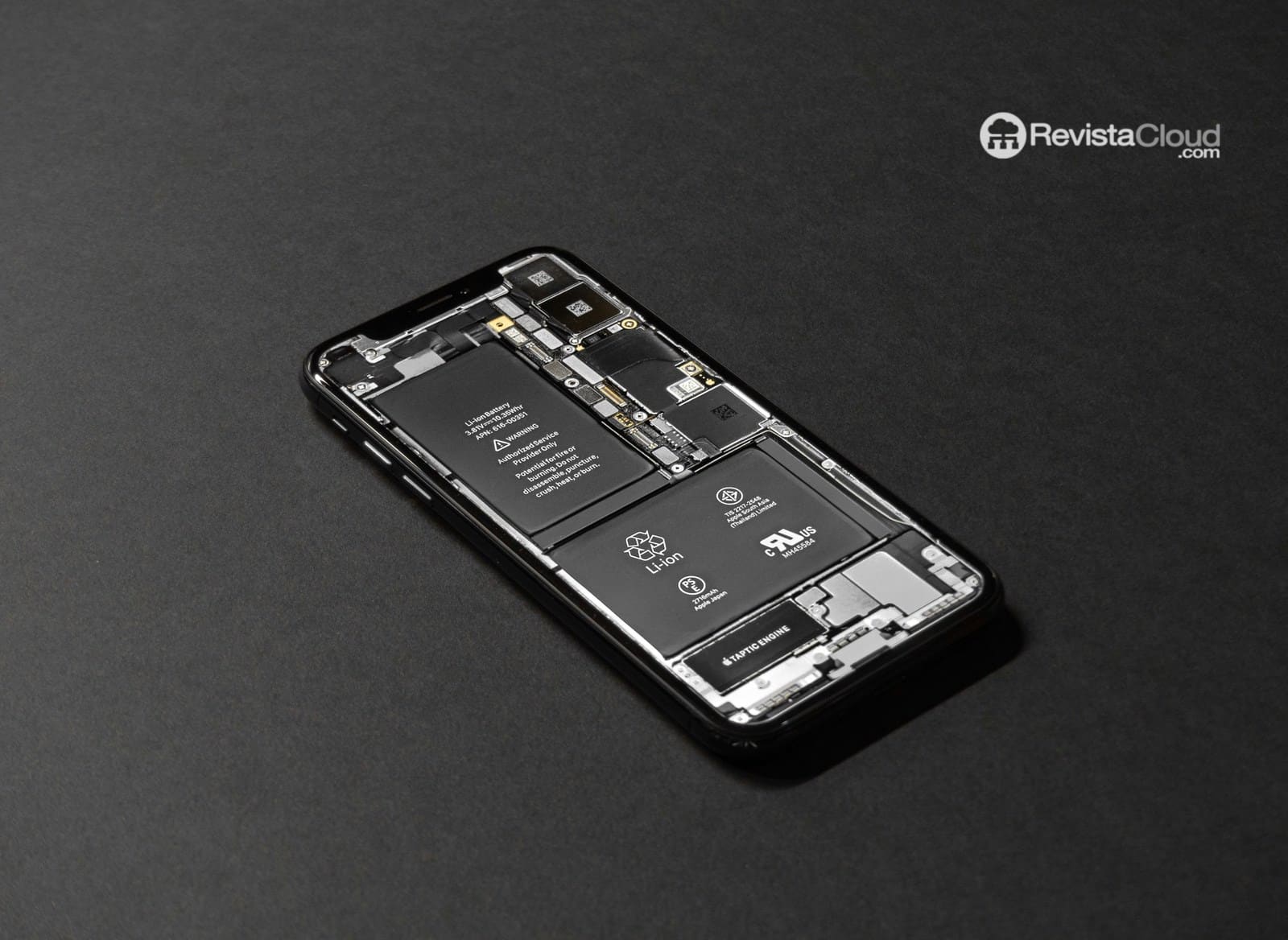Do you feel anxious when your phone battery drops below 30%? You’re not alone. A recent study conducted in the United States revealed that most users become alarmed when their device falls below 38% charge. This phenomenon, while it may seem trivial, reflects a growing dependence on smartphones that has become normalized in society.
In stations, airports, cafes, or even during meetings, it’s common to see people searching for an outlet, connected to portable chargers, or compulsively checking the remaining percentage. The mobile phone has become a central tool for daily life, but this utility has also brought a strong emotional weight: the fear of running out of battery.
Why do we feel so anxious?
The explanation is simple: nowadays, the phone serves not only for calls. We use it as a GPS, camera, planner, alarm clock, digital wallet, work platform, entertainment source, and much more. Disconnecting from the phone, even for lack of battery, generates a sense of isolation, loss of control, or even insecurity.
How to avoid mobile dependency and reduce anxiety?
Although it’s not easy to break certain habits, there are simple and effective strategies that can help reduce mobile dependency and better manage anxiety when the battery is running low. Here are some practical ideas:
🔋 10 ways to avoid battery anxiety
- Change the battery percentage display
Remove the exact battery percentage from the top bar. Seeing only the icon can help you disconnect from the obsession with the percentage. - Carry an external battery only when necessary
Don’t make the portable charger a mandatory extension of your phone. Save it for long trips or specific situations. - Set designated “airplane mode” or offline times
Dedicate at least one hour a day without your phone: when you wake up, during meals, or before bed. This will train your mind not to rely on it constantly. - Configure notifications only for essentials
The more notifications you have, the more you feel the need to check your phone. Silence anything that is not urgent and turn off unnecessary alerts. - Avoid using your phone as your only source of entertainment
Bring a book, listen to music on another device, or simply observe your surroundings. Not everything has to happen on a screen. - Plan your day in advance
If you know you’ll be out for many hours, organize your tasks without relying on your phone for everything. Printing maps or taking notes can help. - Take digital breaks
Set “phone-free” times throughout the day. Use timers or apps that block access to certain applications during that time. - Strengthen face-to-face relationships
The phone replaces many human interactions. Try to hold conversations without looking at the screen and prioritize real contact. - Disconnect your phone completely at night
Turn it off or leave it in another room while you sleep. You’ll improve your sleep quality and emotional autonomy. - Remember that the world doesn’t end without battery
It’s just a device. If it shuts off, breathe, take the opportunity to disconnect, and see how you manage the moment without relying on technology.
The key is to lessen the emotional power that the phone holds. Regaining control over our time and attention is possible, and it starts by not panicking when the battery percentage drops. Because sometimes, what really needs to be recharged… is ourselves.
Source: Noticias Redes Sociales

